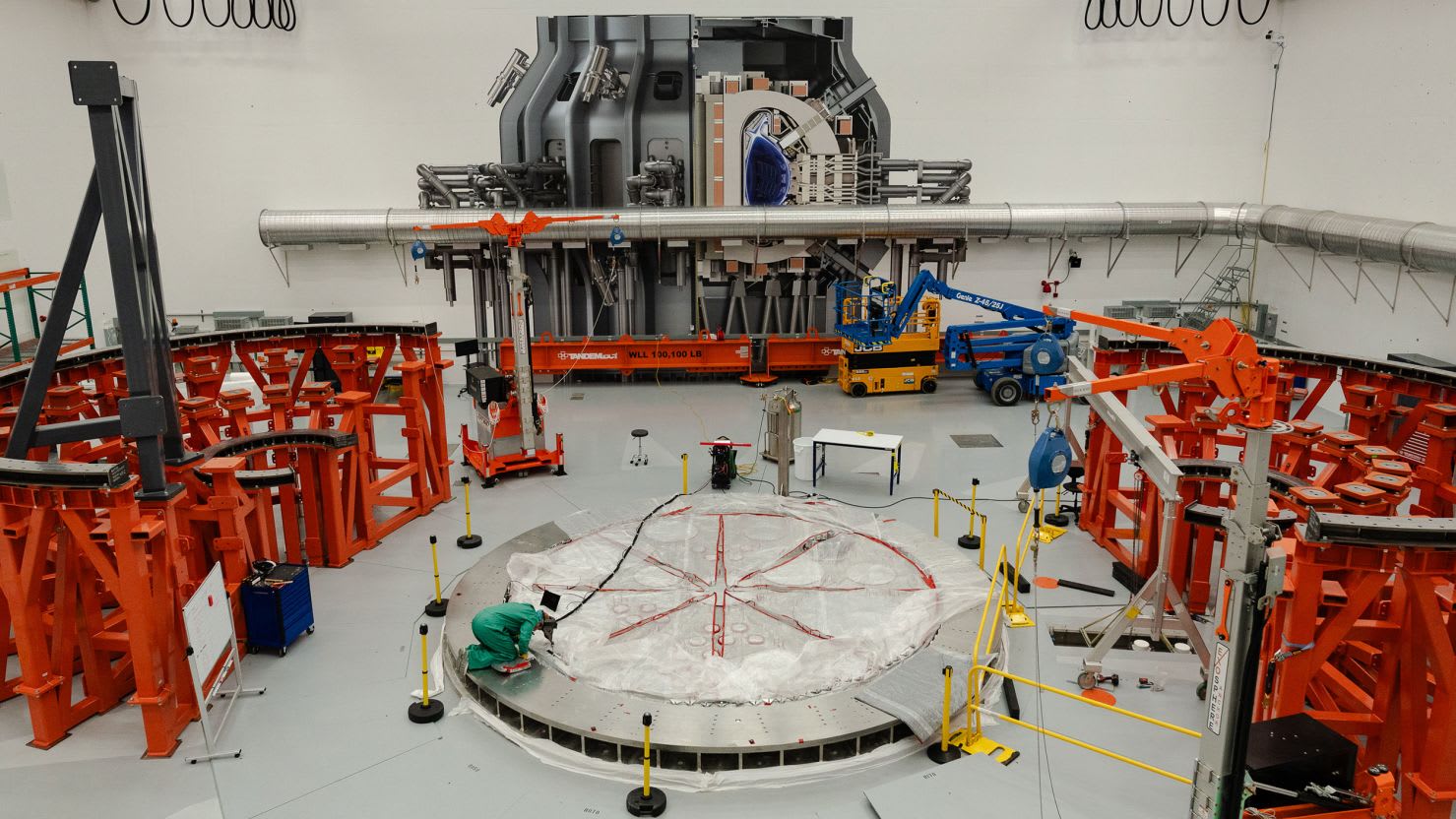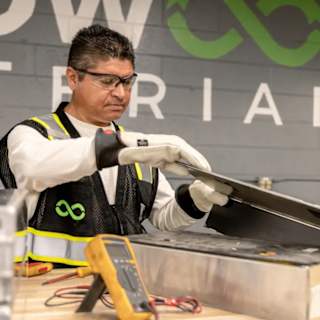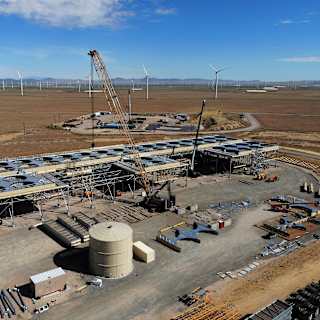- Corporate Backing for Unproven Technology
- Engineering Hurdles Remain
- Growing Interest Amid Power Demands
Google will purchase 200 megawatts of electricity from a fusion power plant that does not yet exist, the tech giant announced Monday, marking its first bet on the long-promised but commercially unproven energy technology. The company also disclosed a new investment in Commonwealth Fusion Systems, the Massachusetts-based startup developing the plant.
The deal represents a vote of confidence in fusion power as Google and other technology companies face surging electricity demands from artificial intelligence systems and data centers, while simultaneously pursuing carbon-free energy goals.

Google will buy roughly half the output from Commonwealth Fusion Systems' Arc power plant, expected to generate 400 megawatts when it comes online in the early 2030s near Richmond, Virginia12. The purchase agreement includes rights to power from additional CFS reactors3.
"That's a very strong demand signal," said Bob Mumgaard, CFS co-founder and CEO1. The new investment round will be "comparable" to the company's $1.8 billion Series B funding in 2021, in which Google also participated14.
The deal comes even though CFS has yet to demonstrate that fusion can generate power reliably or economically4. The company is first building Sparc, a demonstration reactor at its Massachusetts headquarters, expected to complete in 20261. Arc represents the commercial-scale version planned for Virginia5.
"Yes, there are some serious physics and engineering challenges that we still have to work through to make it commercially viable and scalable," Michael Terrell, Google's head of advanced energy, told reporters1. "But that's something that we want to be investing in now to realize that future."
Fusion technology seeks to replicate the reaction that powers stars, forcing light atoms together to release energy. While scientists achieved a net energy gain in a 2022 laboratory experiment, no company has demonstrated sustained commercial fusion reactions1.
Google's agreement marks only the second major corporate fusion power purchase. Microsoft signed a deal with Helion Energy in 2023 for power delivery in 202823.
The 200-megawatt deal, roughly equivalent to a mid-sized solar farm, reflects fusion's growing appeal as AI and cloud computing drive electricity demand higher1. Google achieved 66 percent carbon-free energy across its operations in 20242.
Commonwealth Fusion Systems, spun out from MIT in 2018, has raised over $2 billion, more than any fusion startup32. Prominent investors include Bill Gates, Jeff Bezos, and OpenAI CEO Sam Altman1.
"We now have a customer — there will be other customers," Mumgaard said1. "That shows there's demand for fusion."



